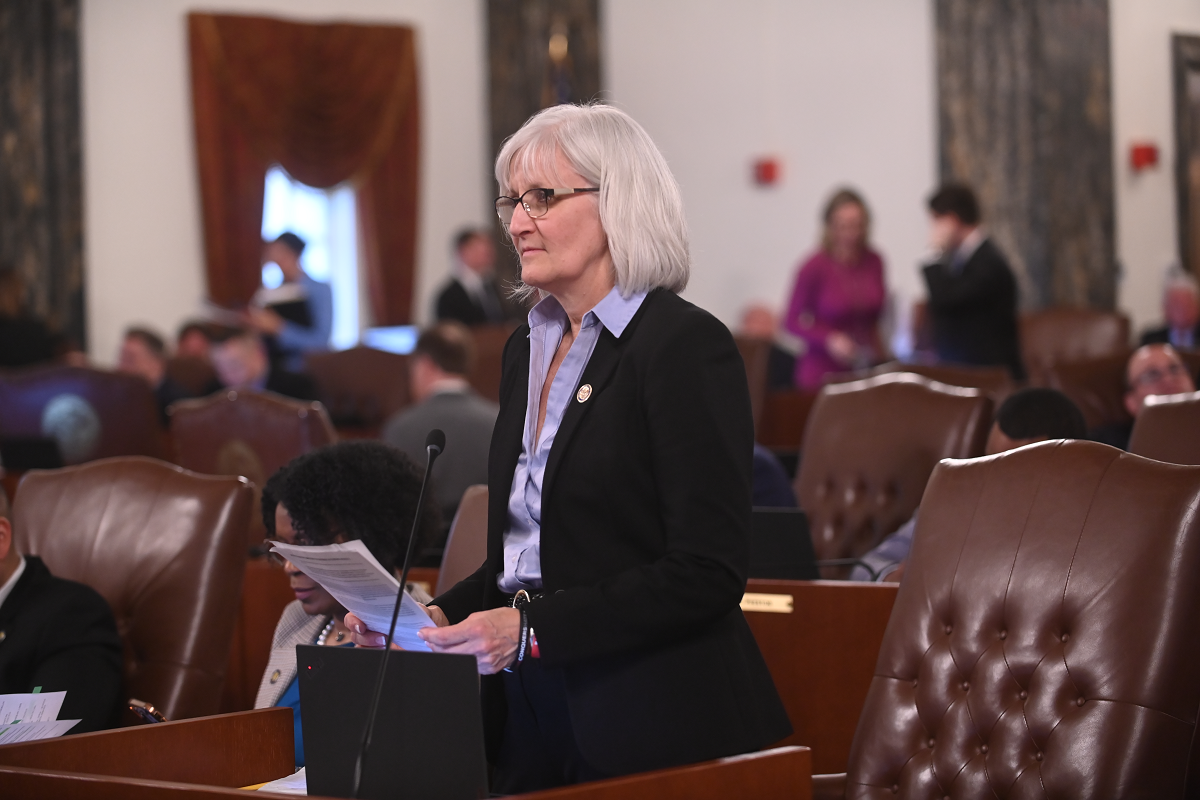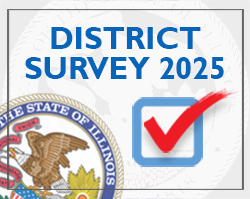
SPRINGFIELD – To reimburse first responders for their services under a mobile integrated health care (MIH) model, State Senator Mary Edly-Allen (D-Libertyville) championed a newly signed law to create insurance billing codes for emergency responders to recoup the costs of mobile integrated health care.
“I was proud to sponsor this legislation that was brought to me by Erik Christensen, Wauconda Fire Protection District lieutenant, to ensure that emergency responders are reimbursed for services provided to their community,” said Edly-Allen. “Every Illinois resident deserves to receive timely emergency response and proper coverage and our local first responders deserve to be reimbursed for their service. This legislation is one step toward finding solutions to address the complex needs of the healthcare system.”
Senate Bill 3599 creates billing codes to permit insurance and managed care provider coverage to eligible recipients for medically necessary mobile integrated healthcare (MIH) services starting Jan. 1, 2026.
MIH uses patient-centered, mobile resources in the out-of-hospital environment. It may include services such as providing telephone advice to 911 callers instead of resource dispatch; providing community paramedicine care, chronic disease management, preventive care or post-discharge follow-up visits; or transport or referral to a broad spectrum of appropriate care, not limited to hospital emergency rooms.
“The fire service brand is incredibly well-recognized and respected for the services we provide and the trust we hold in our communities. We look forward to this legislation facilitating and enhancing long-term sustainability in MIH programs and continuing the long-standing tradition of excellent community service that the fire service will continue to provide,” said Erik Christensen, lieutenant at Wauconda Fire Protection District. “We would like to thank Senator Mary Edly-Allen and Senator Dan McConchie as well as the many other state legislators involved in this effort. This was six years in the making and it is wonderful to see our state legislators championing something that our communities will greatly benefit from.”
Senate Bill 3599 was signed into law Aug. 9, 2024 and goes into effect Jan. 1, 2025.





